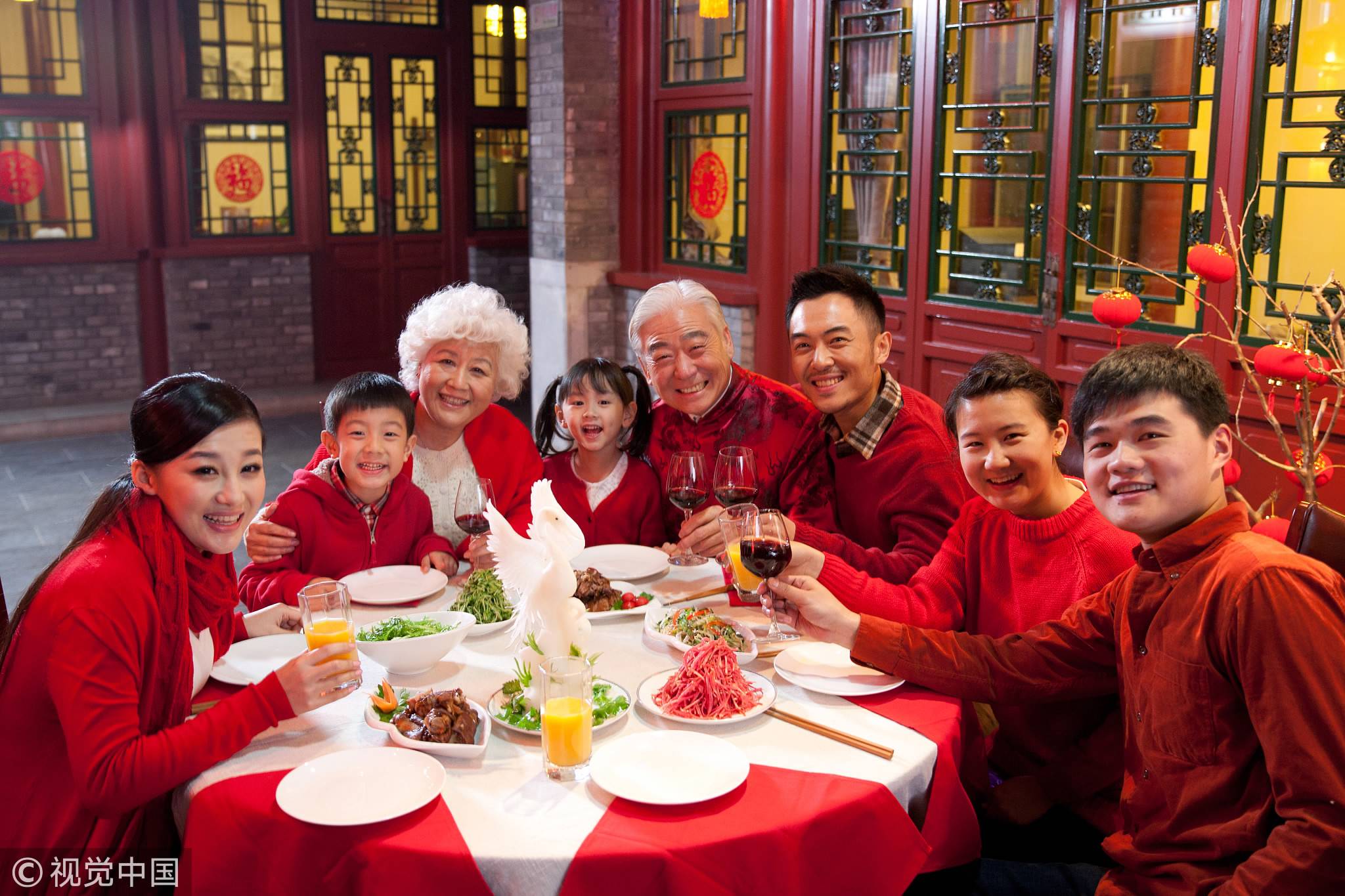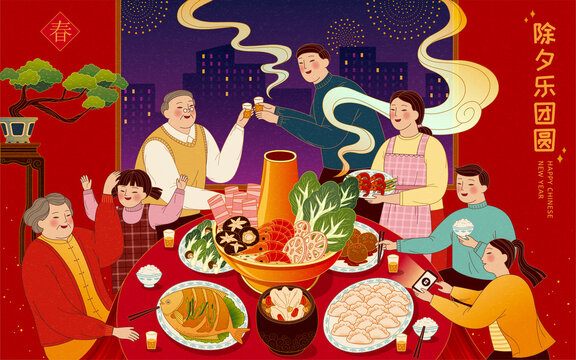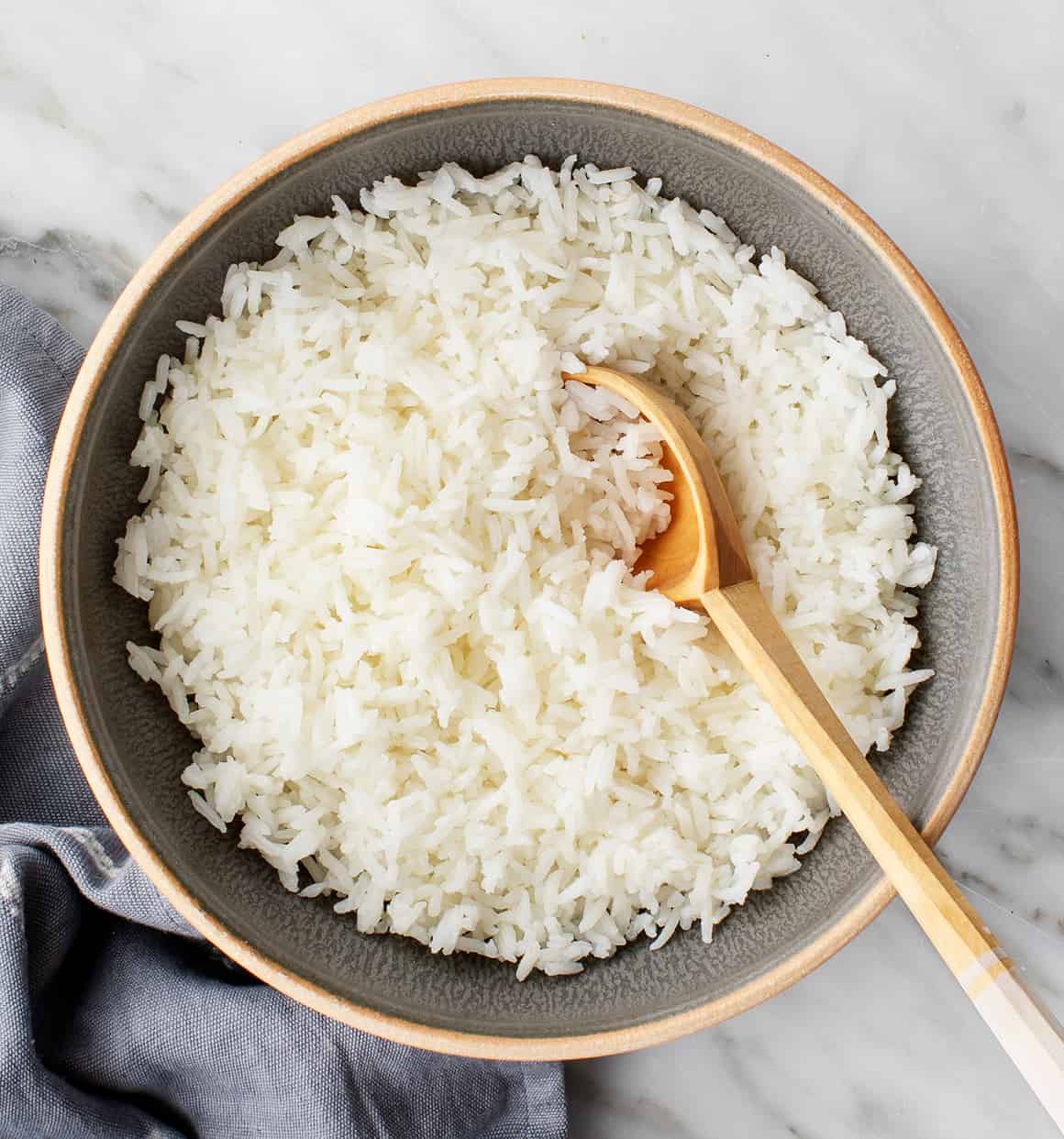Common Chinese superstitions and their meanings, according to a Feng Shui expert
Discover the deep-rooted Chinese superstitions that shape daily life and traditions. Learn about lucky colors, numbers, dining etiquette, gift-giving taboos, and Feng Shui practices for harmony and prosperity.

Chinese culture is full of superstitions, influencing everything from everyday routines to important life decisions.
According to Feng Shui expert Joy Lim, more than just practices that bring luck and ward off misfortune, Chinese superstitions are also representations of ancient customs, established religious tradition, and cultural experiences.
These also showcase ancestral respect by following the old traditions passed on by the elderly.
"Growing up, you see your mom doing this and that, so para bang in return, since wala na sila dito, you do the same thing. Parang respeto 'yon sa kanila, like how they respect their parents," she told GMA News Online.
Here are some of Chinese superstitions that she recommends following.
The power of color

Red is considered the ultimate lucky color in Chinese culture and is regarded as the ideal color to wear for welcoming the New Year, according to Joy.
"Red symbolizes good fortune and invites wealth," she explained.
However, the significance of colors can vary in different contexts. For example, vibrant clothing, particularly red, is firmly avoided at funerals and during periods of mourning, as it's deemed inappropriate and disrespectful.
Numbers that shape luck

Numbers carry great significance in Chinese superstition, with certain numbers thought to attract either good luck or bad luck.
Unlucky Numbers: The number 4 is viewed as inauspicious due to its pronunciation being similar to the word for "death" in Chinese. Likewise, the number 13 is linked to misfortune and is commonly avoided in house numbers and hotel floors.
Lucky Numbers: The numbers 1, 6, 8, and 9 are considered fortunate, representing unity, wealth, and enduring success.
Dining etiquette

Joy noted that while Chinese dining etiquette, particularly the proper use of chopsticks, is often overlooked—especially by younger generations—it remains an important aspect of superstition.
One key rule is that chopsticks should never be left standing upright in a bowl of rice.
"Kasi that's only done in the temple or funerals, so we don't do that," she explained. "This one, I do not want to miss kasi minsan, nakakalimutan na. Ito 'yung mga ignored na when you go to a wedding, when you go to a party."
This practice resembles the use of incense sticks at funerals, which is associated with bad luck and death. Such customs highlight the cultural importance of symbolism and respect.
"Kung gusto mo, if you're pausing for a while, i-gilid mo lang siya," she advised.
The art of gift-giving

In Chinese culture, certain items are deemed taboo due to their negative meanings.
Watches and Clocks: These objects represent the passage of time and are linked to separation or the end of life. If you must gift one, it’s advisable to ask the recipient for a small amount of change in return to counteract the bad luck.
"It's something like saying goodbye because when a watch stops, it’s like life has come to a halt—so it's as if you’re timing the end of someone’s life," she explained. "If you want to give a watch, you should ask for money so it feels like they purchased it from you."
Knives: Knives represent surgery and pain, making them unsuitable as gifts. Giving a knife can imply harm and should be avoided, particularly when presented to friends or loved ones.
Home and Feng Shui
In Feng Shui, the alignment and arrangement of a home are crucial for ensuring harmony and positive energy.
For example, it is thought that a house's main door should not face north, as this direction is linked to misfortune. The positioning of the main door is vital for influencing the flow of energy and potential opportunities.
Link Source: https://www.gmanetwork.com/news/lifestyle/artandculture/934458/chinese-superstitions-feng-shui/story/
What's Your Reaction?












/https://tf-cmsv2-smithsonianmag-media.s3.amazonaws.com/filer_public/54/66/546650fa-26a4-40fd-8d6d-5a7a04540f81/rosetta2.png)
:max_bytes(150000):strip_icc():focal(999x0:1001x2)/robert-prevost-050825-1-39395418ab494da5a3a700c9478e66c8.jpg)















































format(webp))
format(webp))

























